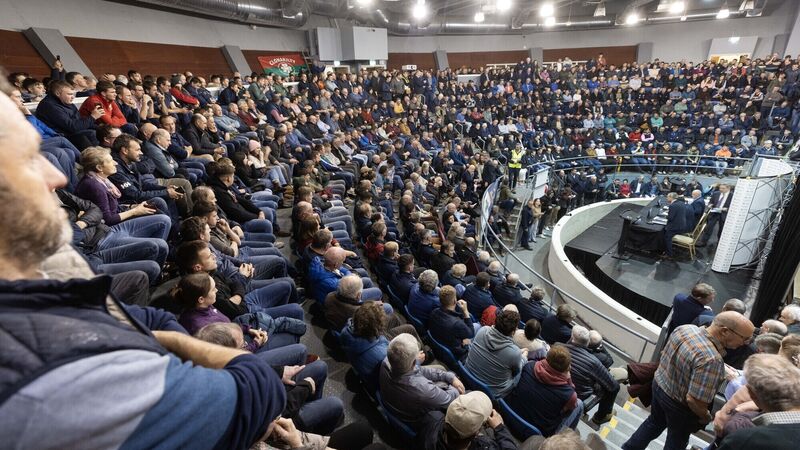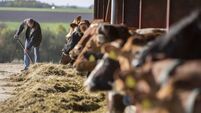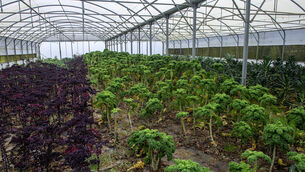No deal yet when it comes to derogation - Heydon

Over 1,000 farmers assembled in Corrin Mart in Fermoy for the IFA National Nitrates Derogation meeting.
Following a national meeting on Nitrates Derogation hosted by the Irish Farmers’ Association (IFA), Minister of Agriculture, Martin Heydon, said he has no deal agreed.











